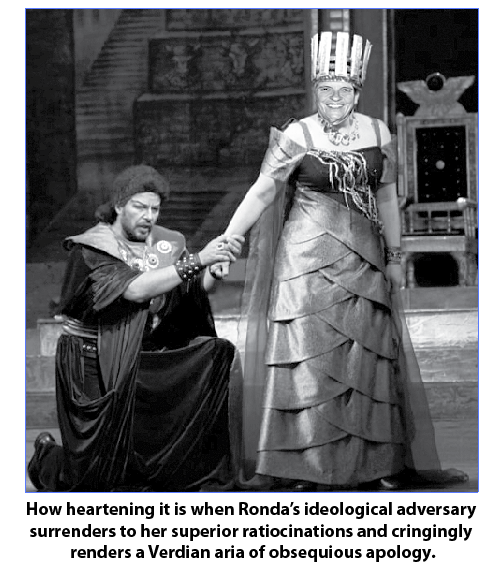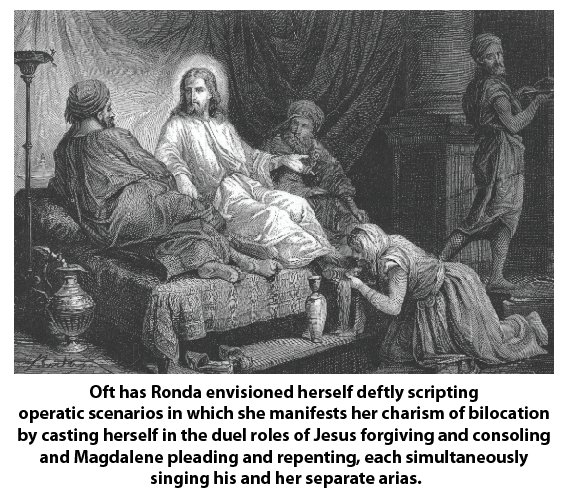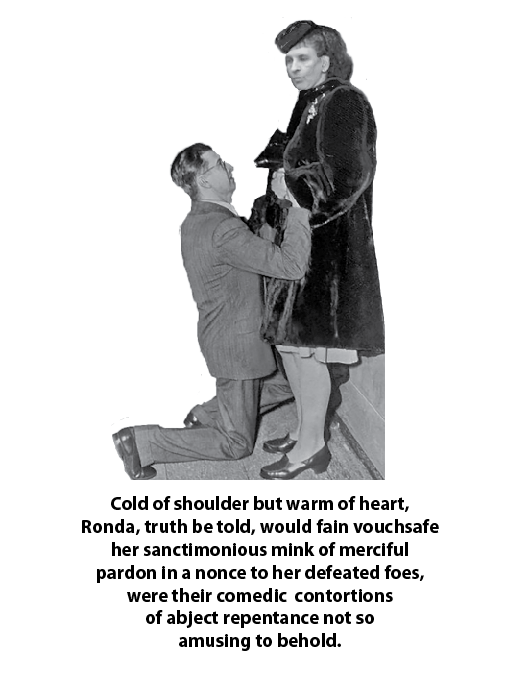|
|
Many decades ago a psychologist, Eric Berne, wrote a book called Games People Play. It became a best seller. Wikipedia says it has sold 50 million copies! Part of the metaphor is that we often use childish strategies to avoid blame. Consider the phrase “See what you made me do!” shifting blame from our own free will decisions to someone else.
Through the years I always dreamed of writing a spin-off book called GAMES CATHOLICS PLAY. It would consist of describing situations where Catholics unconsciously manipulate others under the guise of virtue. I would like to devote some of this blog to instances that come up. Now most of these are my own manipulative techniques, so you shouldn’t think I am accusing my wonderful readers of such mechanisms, but of course, if the shoe fits!!!! Here is one that anyone who knows me personally has witnessed all too often: I can become angry to the point of yelling at anyone who disagrees with me even in public situations. Of course, I think I am right, but since we are to “speak the truth with love” not with anger most of the time, it doesn’t take long for me to stop yelling and apologize. It is good, of course, to apologize immediately whenever we do something wrong that hurts or belittles another person. Here is the game! I not only apologize publicly but I insist that the victim forgive me immediately. Usually the victim just looks at me with a puzzled slightly hurt expression on his or her face. If the victim is a priest I start begging him to hear my confession asap. Why is this a “game?” I finally figured it out. I am shifting the attention from my fault or sin onto the victim as if he or she is to blame for not forgiving me profusely and immediately. I give the victim no time to think about the incident or respond with a refutation of “my” truth. I become a kind of spiritual drama-queen. |
Because of my father leaving us twins when we were 8 years old, I have pervading fear of rejection. I am assured, even though I didn’t feel it at the time, that children consider the separation of their parents as somehow their fault, not the fault of the spouse.
Now, symbolically, through the years, I have a need to be reassured of the love of others for me by demanding total public forgiveness whenever I do something wrong.
So, how would I react differently if I were more sheltered in the love of Jesus for Ronda, the sinner?




 RSS Feed
RSS Feed